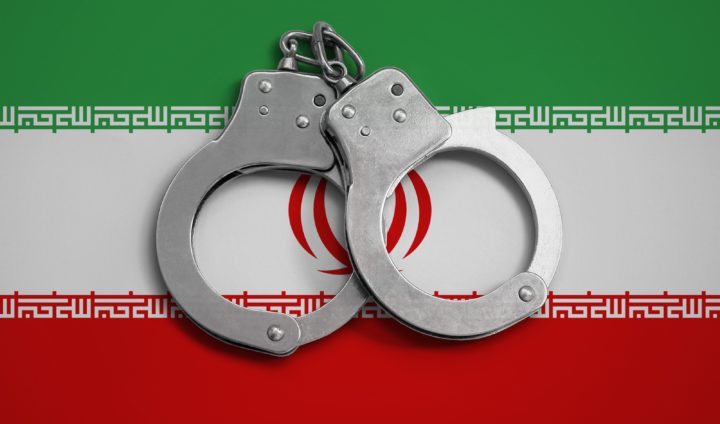The judiciary in Iran has reported that two individuals, known as “Qur’an burners,” were executed for blasphemy convictions related to organizing anti-religious activities. Yousef Mehrdad and Sadrollah Fazeli Zare were hanged early on Monday, according to the official news outlet of the judiciary.
The case began three years ago when the public reported an unnamed group publishing “obscene” content. Mehrdad was found to be the administrator and main organizer of 15 online groups and channels that promoted content against Islam and its prophets while propagating atheism. The judiciary reported that Mehrdad collaborated with Fazeli Zare, who was also alleged to operate 20 anti-religion online groups.
The severity of their insults was so great that none of them were cited explicitly in the Supreme Court confirmation of the ruling that led to their executions. Additionally, Mehrdad’s phone contained a video of the Quran being burned, which was publicly shared.
Last year, a group of United Nations human rights experts expressed concern about the criminalization of blasphemy in Iran, calling on Iranian authorities to de-criminalize blasphemy and protect freedom of religion, belief, and expression without discrimination.
According to the Iran Human Rights group based in Norway, the two hangings on Monday were part of a recent surge in executions in Iran for a range of offences, which has included the execution of 42 people in a 10 day span. This averages out to one execution every six hours, with most of those executed being ethnic Baluchis convicted of drug charges. Although many of these executions have not been publicly acknowledged by Iranian authorities, Iran is second only to China in its annual rate of executions, according to Amnesty International.
The latest high-profile execution in Iran occurred on Saturday, when Iranian-Swedish dual national Habib Chaab was hanged for his involvement in an Arab separatist group responsible for a 2018 terrorist attack on a military parade that killed 25 people. The European Union and the Swedish government condemned the execution and called on Iran to end the death penalty, but the Iranian foreign ministry criticised European governments for supporting terrorists.
In January, another high-profile execution in Iran took place when former defence ministry official Alireza Akbari was hanged after being convicted of spying for the British intelligence service for nearly two decades. He was also a British citizen. Another dual national, Jamshid Sharmahd, an Iranian-German citizen, is also facing a potential death sentence for leading a pro-monarchist group accused of organising terrorist operations in Iran. The Supreme Court upheld his death sentence in late April.







